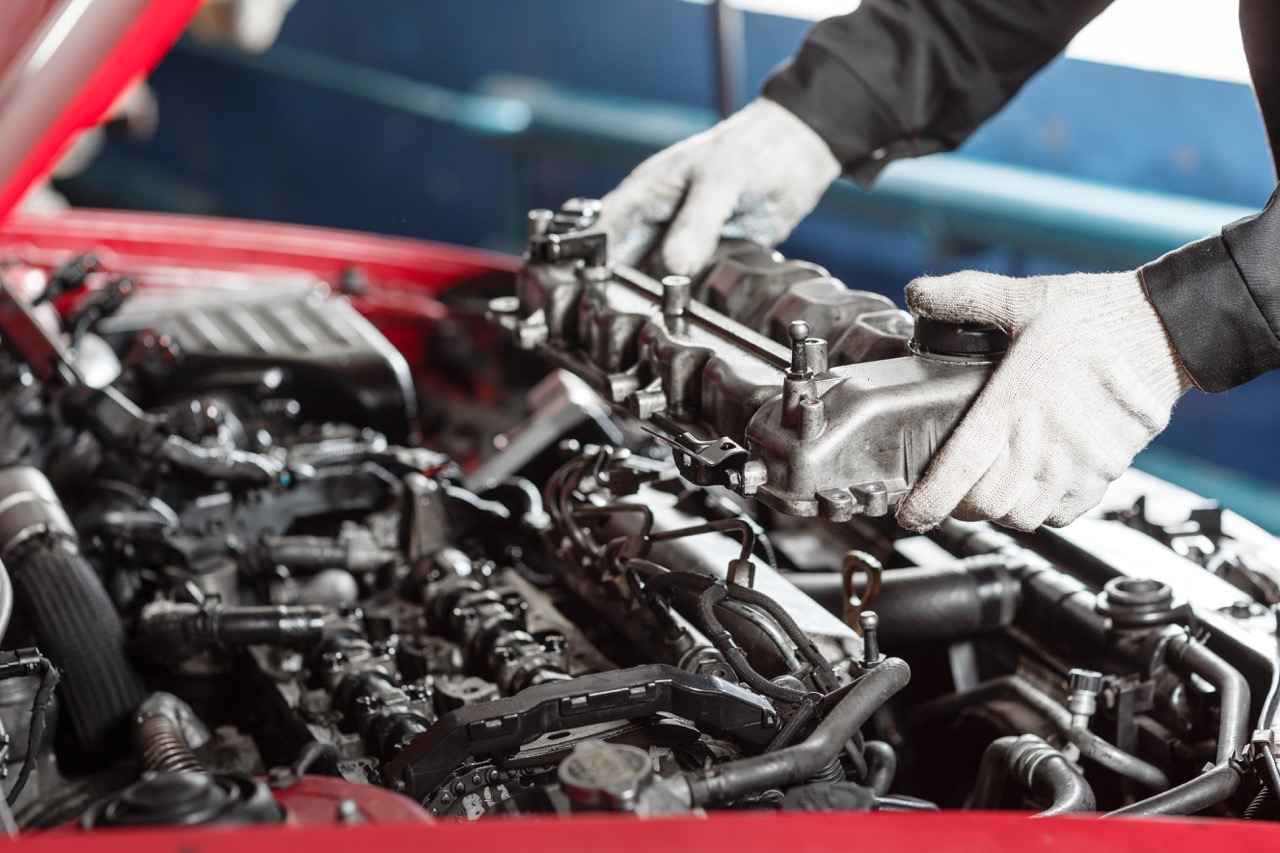
Your engine is perhaps the most productive and essential part of your vehicle. Provide it with the prerequisites to power you on your path proficiently by taking it in for tune-ups in a timely manner. In addition, it is important to listen to your senses and send it in to get serviced by an auto expert if you ever sense that something is off. Heed your “check engine” light, and also head to the experts to check on your engine if:
You See… Excessive Exhaust Smoke
Smoke escaping your exhaust is essential; however, if it is excessive, your engine might require a repair. In addition to the severity, the shade of the smoke you see can give you a sense of what might be ailing it. Black indicates burning gas, while white warrants a look at where your coolant is contained. A bluish hue, on the other hand, might mean that there has been harm to your oil tank.
You Hear… A Knocking Sound
If you hear a knocking noise under your hood, never ignore it. This might be your engine’s bearings barking, meaning they are seizing up. This indicates that the internal components of your engine could be coming apart. Run over to a repairman or else your engine might require more exorbitant repairs, or even a replacement.
You Feel… Rough Vibrations
Really rough vibrations mean that there might be metal-on-metal contact or misfiring inside your engine. In this case, check on your oil and then get it checked out at your trusted local auto shop. Depending on if it seems like your vehicle might die when you switch it out of drive, you may even have spark plugs that are corroded or a clogged fuel filter. There could also possibly be a problem with your fuel pump or ignition coils.
You Smell… Something Burning
Your vehicle can handle getting hot, so it means there has been harm if something smells like it is burning. This is an indication of issues with your oil or overheating. Another obvious sign to stop promptly and pull over where you are is a warning light on your dash, warranting a visit to your local repairman.
You Taste… The Bitter Defeat of Decreased Fuel Economy
If you are feeling less than positive about how prevalently you are paying the price at the pump, it could be caused by the compression stroke of your engine. If your efficiency is dropping, stop driving and get a diagnostic. It could also be due to a damaged catalytic converter, which can be even more catastrophic for your car costs if ignored. If you have to push harder to promote acceleration, your spark plugs or other engine components probably have a problem, so seek professional help.
As soon as you sense any of these signs, show your engine to an auto expert at a reputable shop so it can be repaired readily and keep your vehicle vrooming steadily.
Related Posts
Key Takeaways On average, passenger vehicle tires last 40,000 to 60,000 miles, depending on type, driving habits, and maintenance. Replace tires when tread depth reaches 2/32”, if damaged, or older than 10 years. Regular rotation, alignment, and proper inflation extend tire life. Aggressive driving, poor roads, and harsh weather shorten tire lifespan. Take advantage [...]
When you think about car maintenance, you probably focus on oil changes, tire rotations, and maybe even brake pad replacement. But what about your brake fluid? If you’ve ever wondered, “What does brake fluid do?” or “Why is brake fluid important?”, you’re not alone. Brake fluid might not be the most talked-about part of [...]
Is that high-pitched squeal from your brakes driving you—and everyone else—crazy? Don’t ignore it. Squeaky brakes aren’t just annoying, they’re your car’s way of saying something needs attention. Whether you're cruising through Salt Lake City or winding up Idaho’s mountain passes, here’s what’s likely going on, how you can fix it, and when it [...]





